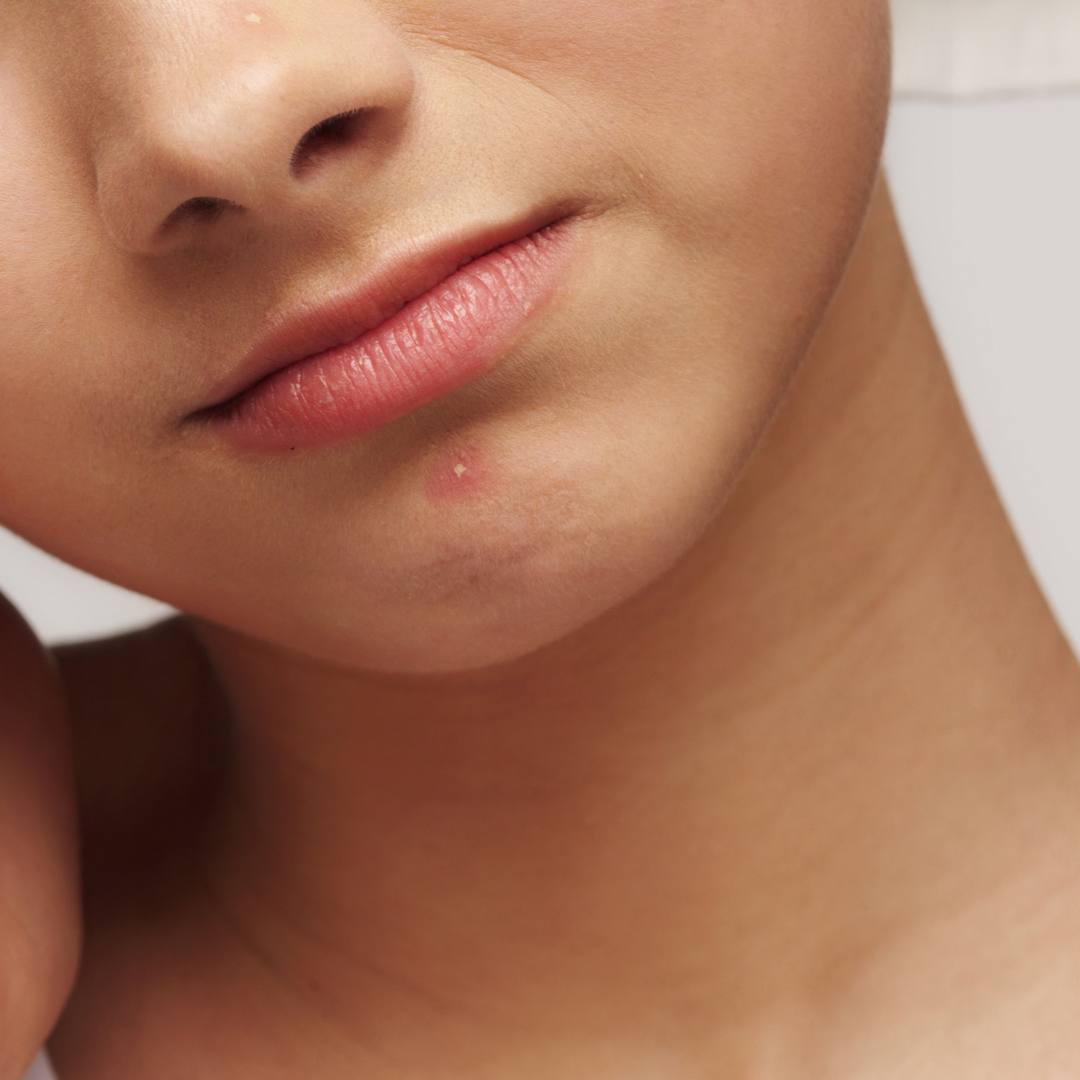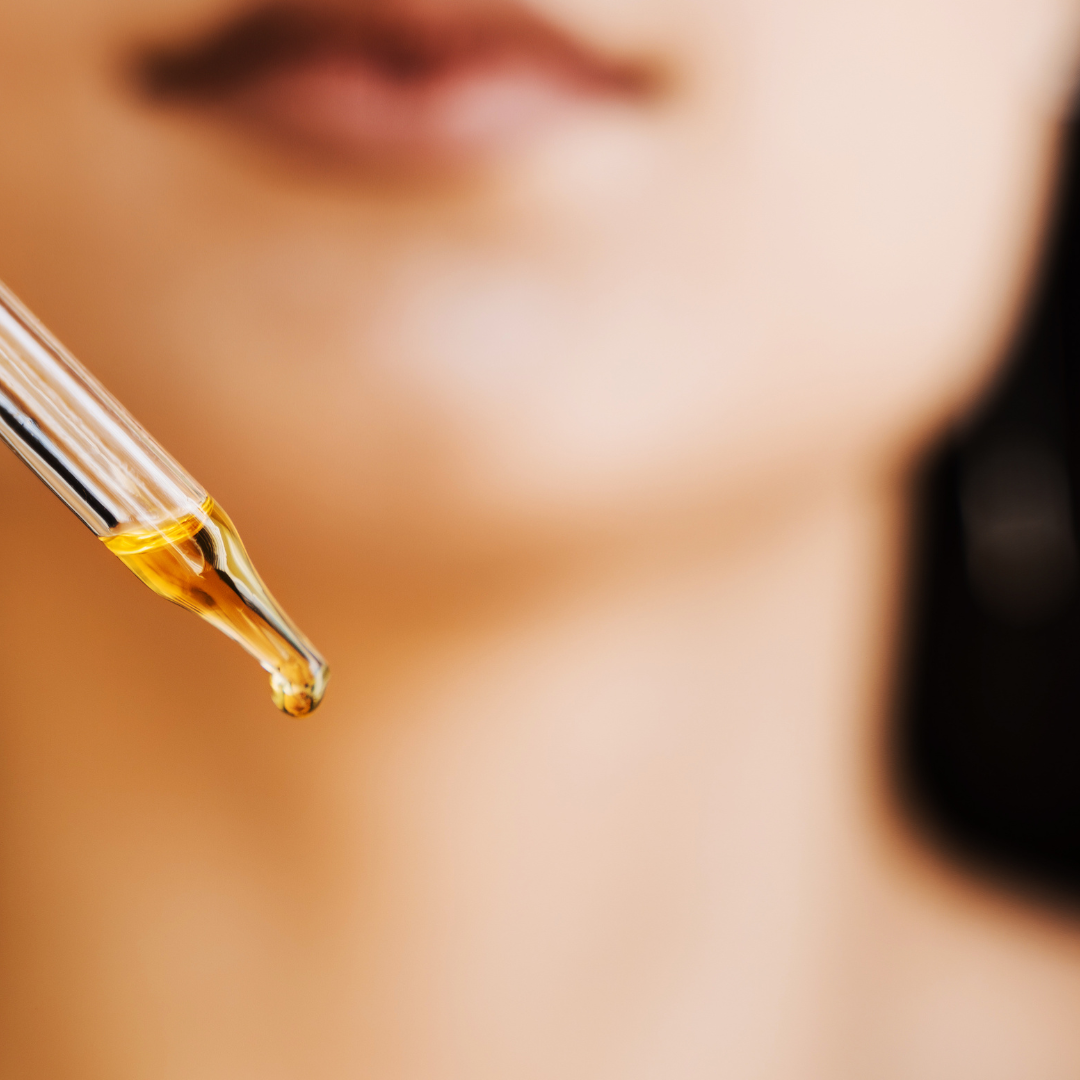Definition of low-oil skin
Low-oil skin, also known as dry or low-oil skin, is characterized by a lack of natural lipids or oils. These oils, produced by the sebaceous glands, play a crucial role in maintaining skin moisture and elasticity. When skin doesn't produce enough oil, it can become tight, rough and prone to flaking.
It's important to emphasize that dehydrated skin is not necessarily the same as dehydrated skin, although the two conditions often occur together. While oily skin refers to a lack of oils, dehydrated skin refers to a lack of water in the skin. Understanding the properties and characteristics of oil-deficient skin is crucial to choosing the right care and treatment.
Common misconceptions about acne and skin types
The general perception of acne and pimples tends to focus on oily skin types. Many believe that oily skin - due to the overproduction of sebum, which can clog pores - is the main culprit of breakouts. This assumption often leads to the false conclusion that oil-deficient skin is immune to such problems.
However, the reality is more complex. Pimples and blemishes arise not only from overproduction of oil, but also from a combination of factors such as clogged pores, bacteria, inflammation and hormonal fluctuations. Lean skin is not necessarily protected from these problems.
In fact, low-oil skin can actually lead to problems like dryness and irritation, which weaken the skin barrier and make it vulnerable to bacteria and inflammation. Additionally, using the wrong products designed for oily skin can dry out the skin and even worsen acne.
Simplifying acne to a single skin type not only creates misunderstandings about the condition itself, but can also make effective treatment difficult. The assumption that low-oil skin cannot have blemishes prevents people from choosing the right products and treatments tailored to their skin's specific needs.

Causes of pimples and impurities in oily skin
The development of pimples and blemishes in oil-deficient skin is a complex phenomenon that can be attributed to a variety of factors. Here are some of the main causes:
Hormonal changes
Hormonal fluctuations can affect sebum production and thus promote the development of acne. Even with oily skin, hormonal changes, such as during puberty, pregnancy or menstruation, can lead to increased sensitivity to impurities.
Clogged pores due to dirt and makeup
Lean skin is not immune to clogged pores. Dirt, makeup, and dead skin cells can build up in pores, even if skin isn't particularly oily. This can lead to breakouts, especially if the skin is not cleaned regularly and properly.
Diet and lifestyle
Food choices and lifestyle can also affect skin health. Consuming highly processed or sugary foods can increase inflammation, which in turn can lead to breakouts.
Reactions to skin care products
Ready-made skin care products are not suitable for every skin type. Skin with low oil content can be particularly sensitive to certain ingredients contained in some products. Using unsuitable products can irritate the skin and lead to breakouts.
Genetic factors
Genetic predisposition also plays a role in the development of acne. If family members suffer from acne, there is an increased risk that a person's oil-deficient skin will also be susceptible to breakouts.
Medical illnesses
Certain medical conditions, such as polycystic ovary syndrome (PCOS) or eczema, can also contribute to the development of acne, even in people with oil-deficient skin.
Skin analysis and adapted skin care for pimples and impurities in oily skin
Managing pimples and blemishes in oil-deficient skin requires a tailored approach that takes into account the specific needs and challenges of this skin type.
The first step to effectively combat impurities and acne is to accurately determine the condition of the skin. At Zkin Lab we carry out precise skin analyzes and, based on this, produce skin care that is optimally tailored to the skin condition. For oil-deficient skin, it is particularly important to provide the skin with the right amount of oily and moisturizing ingredients in order to effectively strengthen the skin barrier without overstressing it.
Additionally, we recommend using mild cleansers that do not dry out the skin and do not cause additional damage to the skin barrier. Proper cleansing can prevent clogged pores and impurities. At Zkin Lab, we ensure that your cleansing oil is tailored to your skin condition.
In severe cases of acne, a dermatologist may prescribe specific medications that specifically target the causes of the acne.

prevention
Preventive measures are also important to minimize the appearance of impurities in oil-deficient skin:
Regular skin care: Maintaining a regular skin care routine tailored to low-oil skin can reduce the risk of breakouts.
Proper nutrition: A balanced diet rich in nutrients can promote overall skin health.
Stress management: Stress can worsen acne, so stress management techniques are important.
Summary
Pimples and blemishes in oil-deficient skin can be challenging, but they can be effectively managed through targeted skin analysis, tailored skin care and preventive measures. Accurately assessing skin condition and following a well-rounded skin care plan can help promote clear, healthy skin.





